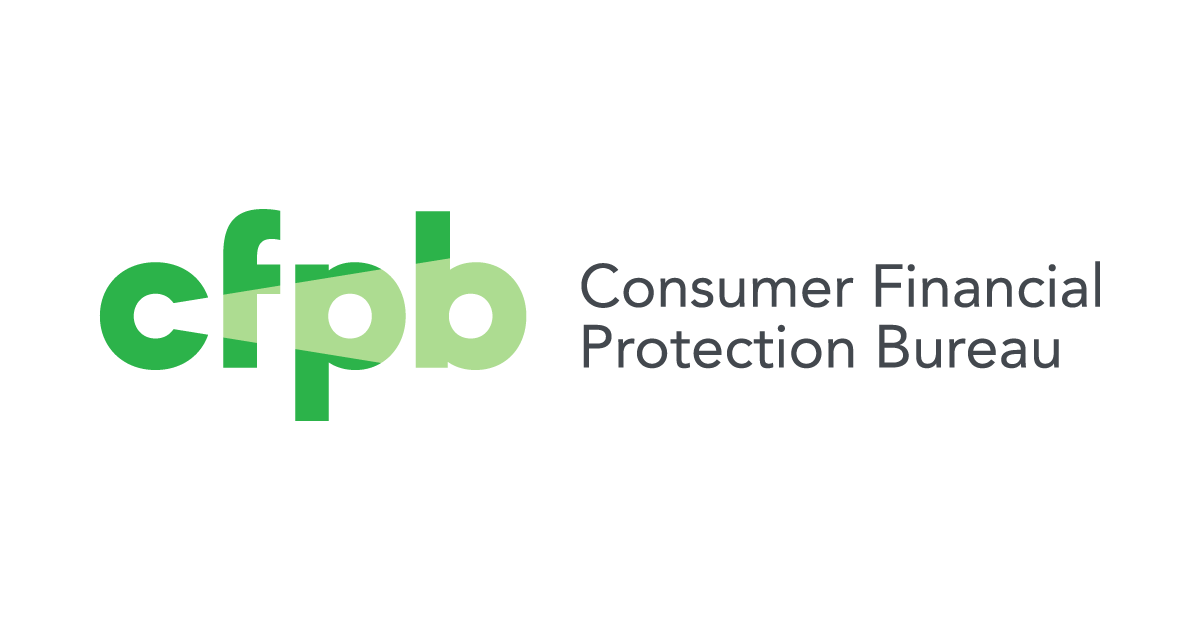Dealing with debt collection can be a source of significant stress for many people trying to navigate an already challenging financial landscape. Unscrupulous companies may use aggressive tactics to collect debts, including contacting people in the workplace, which can be illegal. This can threaten your employment or put pressure on you to pay debts even if you don’t actually owe them.
The Consumer Financial Protection Bureau (CFPB) continues to crack down on companies that harass consumers, including by unlawfully contacting their employers. In 2014, the CFPB with the states of North Carolina and Virginia got millions of dollars of relief from a debt collector that illegally contacted the commanding officers of members of the military to pressure them to pay. In 2018, the CFPB ordered a debt collector to pay a $5 million penalty for unfair practices that included contacting consumers at work even after being told they were not allowed to do so and disclosing information to employers about peoples’ alleged debts.
CFPB examiners recently found that one or more companies unfairly called peoples’ references and places of employment after people asked them to stop or abusively included language in their loan applications that suggested people had consented to workplace calls that were actually illegal. Law enforcement officials at the federal and state level that enforce the Fair Debt Collection Practices Act (FDCPA), state or federal prohibitions on unfair, deceptive, or abusive acts or practices, and similar laws should be on the lookout for companies that contact people at work to try and coerce them to pay debts, including debts they don’t actually owe.
The CFPB is also concerned that companies are exploiting an outdated provision of the FDCPA that allows debt collectors to contact third parties for the purpose of obtaining “location information,” including “place of employment.” Congress should consider repealing this provision, which some courts been interpreted to mean that debt collectors can contact your employer. In a world where so many people have cell phones, companies don’t often need to contact your employer to find you. In fact, companies may be calling you at work (or threatening to do so) when the real point is to embarrass, pressure, or otherwise coerce you to pay.
There are several actions that you can take to protect yourself from unwanted debt collection in the workplace:
1) Tell them to stop contacting you at work.
The FDCPA and similar provisions prohibit debt collectors from communicating with you at your place of employment if they know or have reason to know that your employer prohibits you from receiving such communications. Collectors are also prohibited from contacting you at a place they know or should know is inconvenient for you.
2) Demand that they stop contacting you completely.
The FDCPA and similar provisions prohibit debt collectors from communicating or attempting to communicate with you if you notify them in writing that you want those communications to cease or that you refuse to pay the debt. The CFPB provides template letters that you can use to make such a request. (Debt collectors are technically still permitted under the law to collect the debt even if they can’t contact you, although that won’t always happen.)
3) Submit a complaint with the CFPB.
If you have had a problem with a consumer financial product or service, including improper debt collection in the workplace, you can submit a complaint with the CFPB.
The CFPB’s work in this area is part of our effort to protect consumers from shady contract terms that deny consumers their rights and economic freedoms. We are also working hard on other initiatives to protect people in the workplace. For example, the CFPB recently took action to curb unchecked surveillance activities that your employer may be subjecting you to. The CFPB has also highlighted the growing prevalence of employer-driven debt and challenges workers and consumers face when they become indebted to an employer as a condition of employment. The CFPB has taken enforcement action against multiple vocational schools that make false claims about hiring rates and deceive trainees about loans and their costs. The CFPB has also clarified when the Equal Credit Opportunity Act applies with respect to franchisees seeking credit to finance their businesses.
For more information, see Can debt collectors tell other people, like family, friends, or my employer, about my debt?

